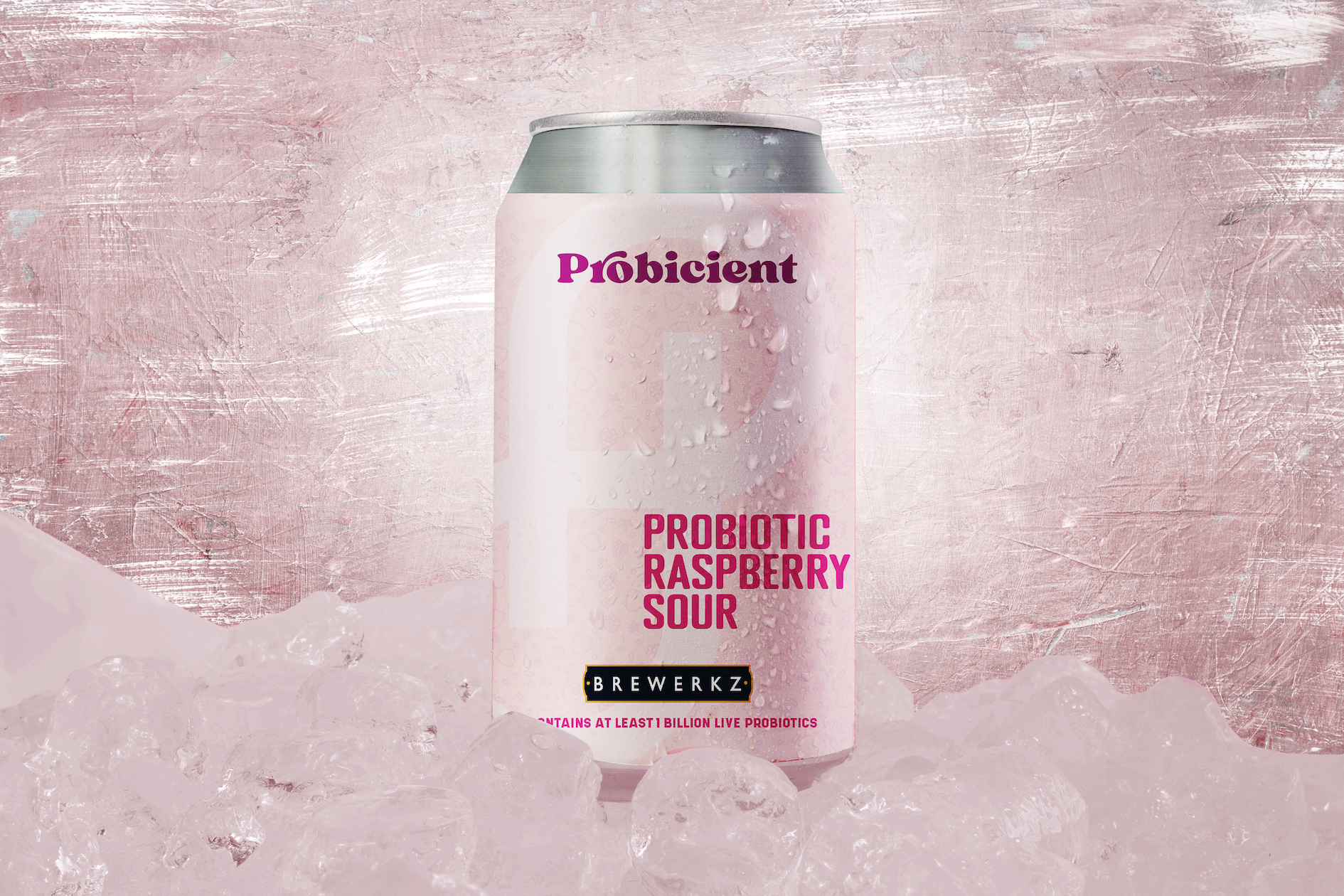Only 16% of Britons understand healthier food and drinks labels according to new research

A new poll conducted by consumer research platform Attest reveals that current labelling systems are confusing, with just 16% of British shoppers able to find the healthiest option from a selection of wellness category cereal bars.
Using the European Nutri-Score, which ranks the nutritional value of food and drink products alphabetically from A to E, 78% of the 1000 people taking part in the survey picked cereal bars which were the second worst for health. Six percent picked cereal bars which had the lowest score of E.
When picking what they thought was the healthiest cereal bar, respondents noted that health-related language on the packaging influenced their choices, such as: ‘plant based’, ‘protein packed’ and ‘natural’.
Fourty-eight percent of respondents in the study also noted that they weren’t sure if wellness-related food and beverages (F&B) were actually healthy when they shopped for them, while 40% worried that the health-related benefits in many wellness category F&B haven’t been properly proven by science. Thirty-six percent also noted they thought any active ingredients in wellness F&B products were not enough to make much of an impact on their health.
The research also showed that price was a significant factor when it came to picking food and drinks products from the wellness category, with over half worried that a product containing special ingredients is too expensive for them to buy.
Despite this, 55% of consumers in the UK are currently seeking food and drinks products with health benefits according to Attest’s study, with 53% willing to pay “a ‘little bit more” for a product containing wellness ingredients, and 14% willing to pay “a moderate amount” more than usual, and 3% comfortable with “a lot” more.
Jeremy King, CEO and Founder of Attest, commented: “The Attest research shows that identifying real, healthy food and beverage products appears to be a significant difficulty for consumers when shopping. As revealed by the data, packaging and product messages aren’t helping shoppers nearly enough to make informed decisions. This is a clear call to action for the food and beverage industry to simplify how it sells its products. If the industry properly addresses this issue, it can unlock genuine consumer demand, especially as more than half of UK consumers are actively looking to buy products that support their overall health.”
The poll also shows that the main areas brands need to work on to improve customer trust include putting clear nutrition labelling on all packaging, introducing coupons for wellness F&B products, making the sampling of these goods more common, and adding endorsements from credible health professionals or certification logos on the marketing of wellness category F&B.
Attest’s research also highlights that the trending wellness ingredients in the UK at the moment are protein, Omega-3 and pre/probiotics.
It also highlights the products that consumers would like to see fortified with wellness ingredients, which are cereal and cereal bars, dairy products, bread and bakery items, and soups and smoothies.
The study also reveals that the most popular health benefit that shoppers are looking for in wellness F&B is “better immune health”, as well as an improved digestive health.
Since the start of the pandemic in 2020, around 45% of British consumers are now taking dietary supplements to boost their immunity, with Vitamin D being the most popular supplement, followed by Vitamin C, and multivitamins.








